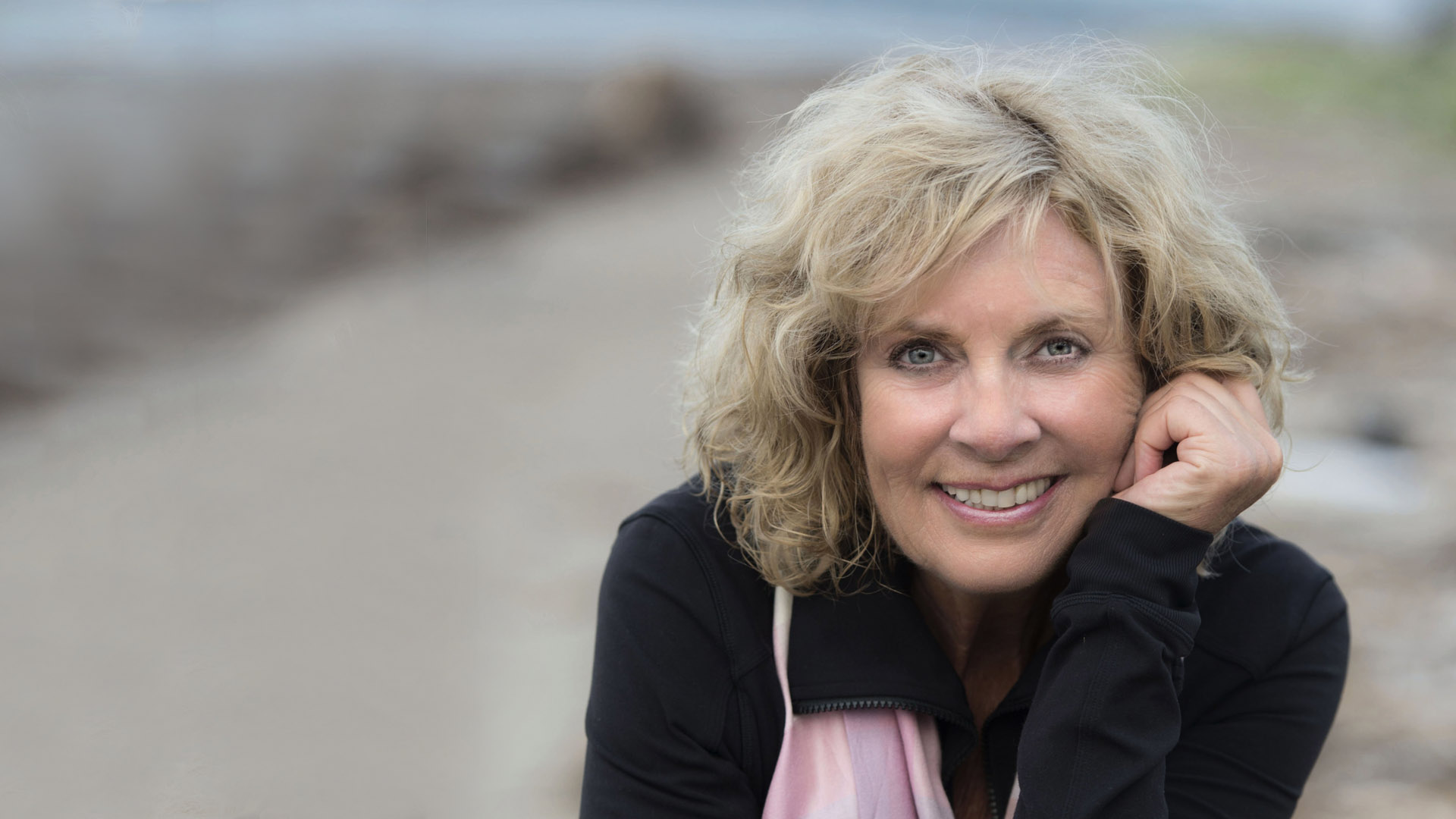Content Warning: mentions of sexual assault
World-renowned journalist, celebrated author, and human rights activist Sally Armstrong presented “The Mating Game,” the second installment of her Massey Lecture series, at McGill’s Max Bell School of Public Policy on Oct. 24. Armstrong was appointed CBC’s Massey Lecturer of 2019, a prestigious role given annually to a scholar who is well-versed in a pertinent current issue. They are then tasked with giving a series of lectures across Canada. As one of the first journalists to report on the lives of Afghan women under Taliban rule, Armstrong has continued to engage in activism for justice for women and girls across the globe.
Armstrong argued that empowering women is essential for a society to thrive. She also discussed society’s continuous fixation on the Biblical Adam and Eve story, where Eve is portrayed as inferior to Adam, and how this anecdote perpetuates harmful stereotypes.
“Apart from the philosophical and emotional aspects of [women historically] being cast as less valuable, that dismissal builds societal systems and structures that reinforce the power imbalance we are trying to sort out today,”Armstrong said.
Although Armstrong acknowledged that conditions for women have improved in many ways, she emphasized how men continue to be seen as the default in some fields, which can put women in danger. For example, the dimensions of both crash-test dummies and construction equipment are modeled for a man’s proportions—calibrations that may prove fatal to women.
“The simplest truth is the data [that] we use for everything from medical tests to vehicle safety, office temperatures to snow removal, [are] hopelessly biased,” Armstrong said.
Whereas Canada and the US have fallen short in terms of gender equality in some respects, like gender equality in government, Armstrong pointed out that Scandinavian countries such as Norway and Sweden may serve as models for the rest of the world. She feels the success of these countries is due to a culture fundamentally based on equality.
“[Gender equality] is easier to build on rather than trying to play catch-up,” Armstrong said.
Through her presentation, Armstrong detailed different instances of sexual assault against women as a means of asserting power and control, and highlighted the importance of recognizing and combatting rape culture and gender discrimination.
“The truly incredible part of these reports of rape, [such as] date rape, war-time rape, or genocidal rape […], is [that] the treatment of women is ubiquitous; it cuts across cultures, socio-economic status, age, and geography,” Armstrong said. “These are the issues we’ve known about and buried forever. And now they’re in the spotlight.”
Armstrong expressed hope in the new generation’s fight for equality, and offered some hard-earned advice to the audience.
“The next generation, that’s [young people], is demanding accountability,” Armstrong said. “Your voice is your most effective tool.”
Erika Moyer, a student at McGill’s Max Bell School of Public Policy, explained the importance of the talk.
“By promoting these events, Max Bell provides the public with a better understanding of major public policy issues,” Moyer said. “Facilitating discourse on important issues leads to better public policies, which translates into lasting change.”
Denbeigh Whitmarsh, U3 Arts, commented on what she learned from the lecture regarding the double standards placed on women.
“We’re really quick to point fingers to a lot of Middle Eastern cultures [regarding sexism], but we don’t often look back at ourselves and realize that it is the same thing here,” Whitmarsh said. “We turn a blind eye to [the unfair treatment of women], because it’s our own society [….] It’s a lot more difficult to change yourself than it is to change someone else.”
Armstrong finished her lecture with a powerful, poignant Mexican proverb she thinks all women should memorize:
“They thought they could bury us. They didn’t know we were seeds,” Armstrong said.








